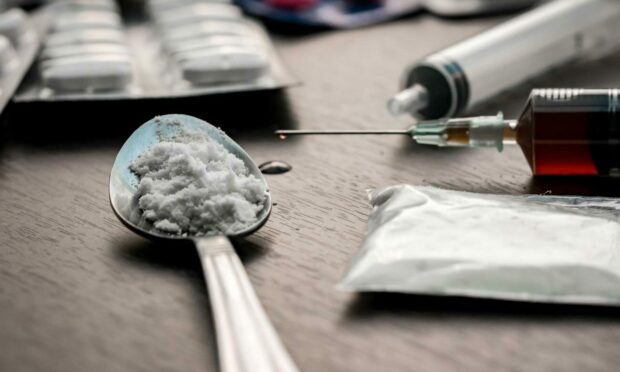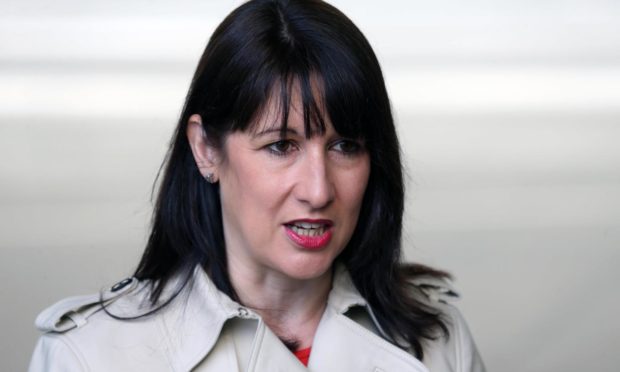The former Labour prime minister of New Zealand is preparing to lobby Sir Keir Starmer to make changes to UK drugs law after demands to decriminalise personal use in Scotland were vetoed by Tories and a shadow minister within an hour.
Helen Clark, now part of the Global Commission on Drug Policy, intervened on Friday after making her surprise clear at the way Scotland’s devolved laws cover public health and justice, but not drug legislation.
Scotland is among the worst in Europe for drug-death rates. Dundee has been worst in Scotland for years, but recently fell back behind Glasgow. Aberdeen is also above average for Scotland, according to official statistics.
Ms Clark was in Edinburgh with the SNP Government’s drugs minister, Elena Witham, who was demanding sweeping changes to the law at Westminster to help tackle dreadful addiction and deaths linked to drugs.
‘No rational reason’
In the Friday morning press conference, she said: “What is interesting to me is that while justice is generally a devolved competency for the Scottish Government, this area of drug policy is not.
“The ultimate answer is for the UK as a whole to change its position, but if not, devolving this area – which I cannot see any rational reason for carving out from the justice and health portfolios – is a way forward.”
Ms Clark, who has Scottish heritage, later said she hopes to pick up the debate with UK Labour figures.
She was Labour prime minister in New Zealand between 1999 and 2008 and has connections with the UK party.
It’s understood she hopes Sir Keir’s legal background will help usher in changes for Scotland.
Sir Keir is likely to lead the next UK Government, according to polls which look bad for Rishi Sunak’s Conservatives.
‘Short answer is no’
Labour shadow minister Rachel Reeves, visiting Hamilton near Glasgow on Friday morning, ruled out the shift despite questions over the party’s formal position.
“The short answer is no,” she said.
“I don’t think this sounds like a good policy.”
However, in May, Sir Keir suggested he was more open to change.
He claimed he would not stand in the way of drug consumption rooms in Scotland if he becomes prime minister.
The centres formed one part of the SNP’s blueprint for more liberal laws.
Campaigners say the centres – where people can inject drugs under supervision – are needed to tackle the drug deaths crisis in Scotland.
The UK Government position was made clear before anyone had even read the document.
“Whilst I haven’t seen those reports, I think I’m confident enough to say that there are no plans to alter our tough stance on drugs,” said Mr Sunak’s official spokesman.
In Edinburgh, Ms Whitham promoted the SNP’s new proposals as a win for the whole of the UK.
Our current drug law does not stop people from using drugs, it does not stop people from experiencing the harm associated and, critically, it does not stop people from dying.
“In fact, I would say today here, that criminalisation increases the harms people experience. Criminalisation kills.”



